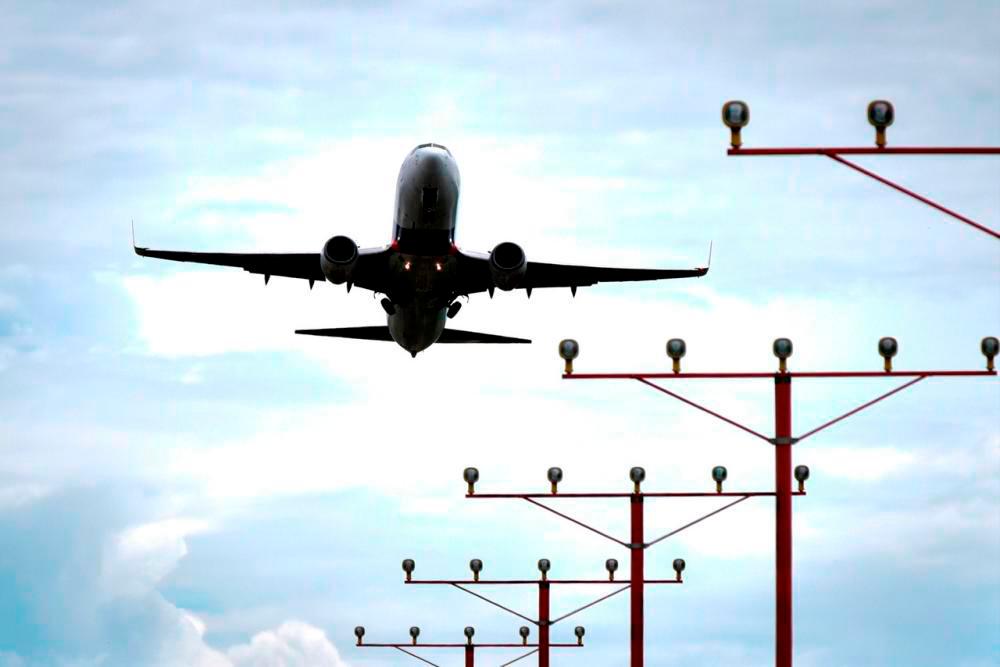KUALA LUMPUR: The International Air Transport Association (IATA) is actively seeking support from stakeholders across the entire global value chain to scale up the production of Sustainable Aviation Fuel (SAF).
IATA Southeast Asia area manager Yuli Thompson said the effort to upscale SAF production is aimed at achieving net-zero carbon emissions by 2050.
“Despite the projected increase in SAF production, its consumption remains relatively low compared to total fuel consumption in the aviation industry.
“The industry projects SAF production to triple in 2024, reaching 1.9 billion litres, compared to 2023,” she said at the MyAero Sustainable Aviation Symposium 2024 today.
However, Yuli noted that this will only account for 0.53 per cent of total aviation fuel consumption.
“Hence, we need to upscale production by a thousand times more than we have today and the task is a difficult one. This is where we need stakeholders to come together and for policy intervention to support the scaling up of SAF production,” she said.
Yuli highlighted that airlines, as major consumers of fuel, strive to procure fuel at the lowest possible price. This cost-driven approach underscores the importance of making SAF both economically viable and competitive with conventional aviation fuels, she said.
In line with the initiative to scale up SAF production, Yuli said IATA also requests airlines to contribute their data that would be anonymised and propagated back through the IATA Co2 Connect platform, and share that information with players in the stakeholder value chain.
“The initiative is to introduce standardised methodology and also track the progress of carbon footprint. We are also about to publish the methodology for accounting and reporting of SAF emission reduction in September or October this year,” she said.
According to IATA, some 140 renewable fuel projects with the capability to produce SAF have been announced to be in production by 2030.
If all of these proceed to production as announced, the association said total renewable fuel production capacity could reach 51 million tonnes by 2030, with production capacity spread across almost all regions.









